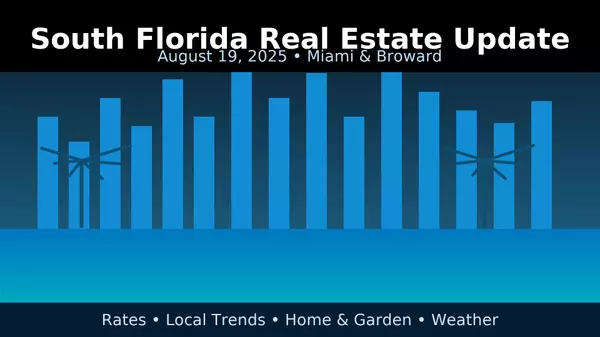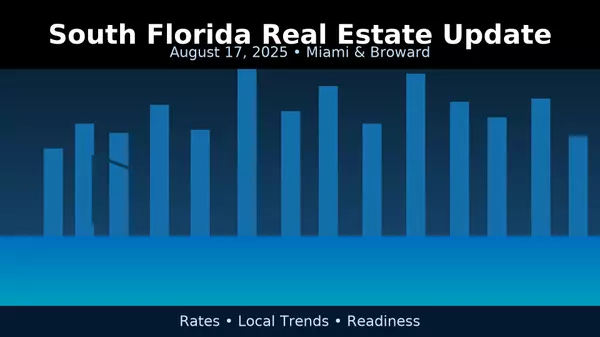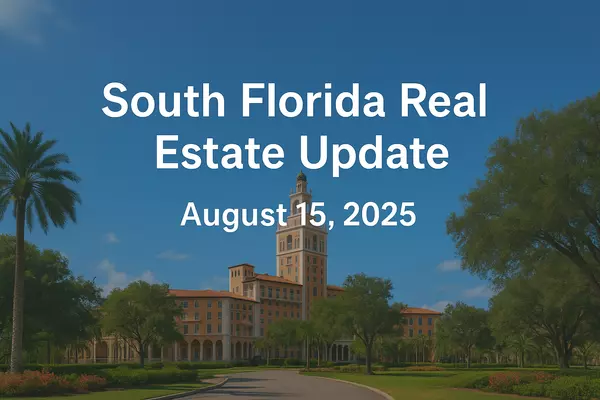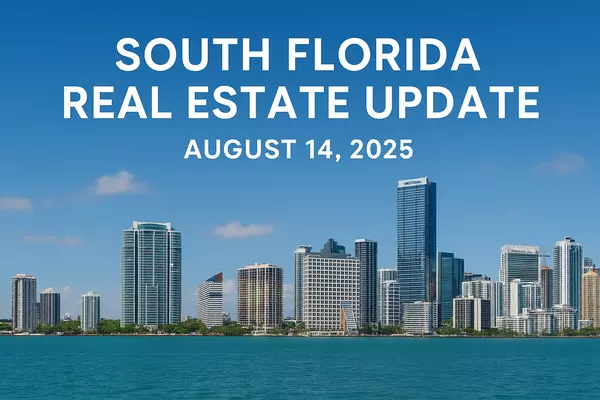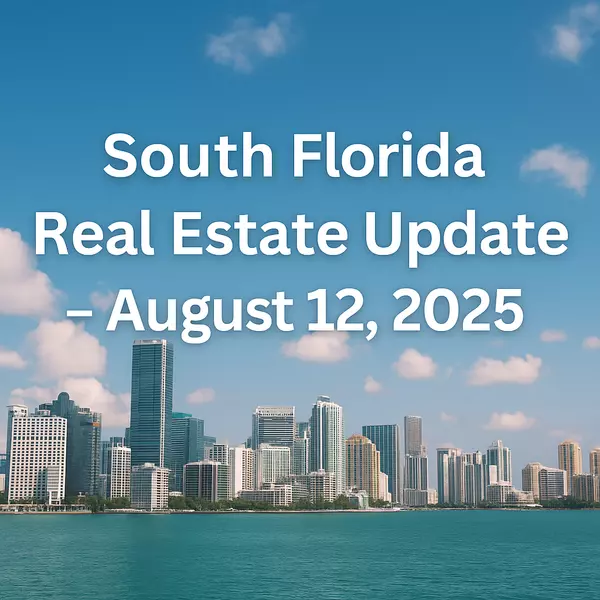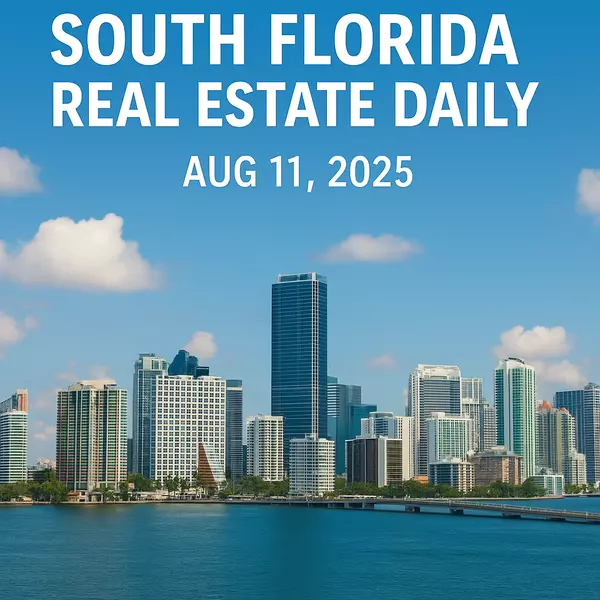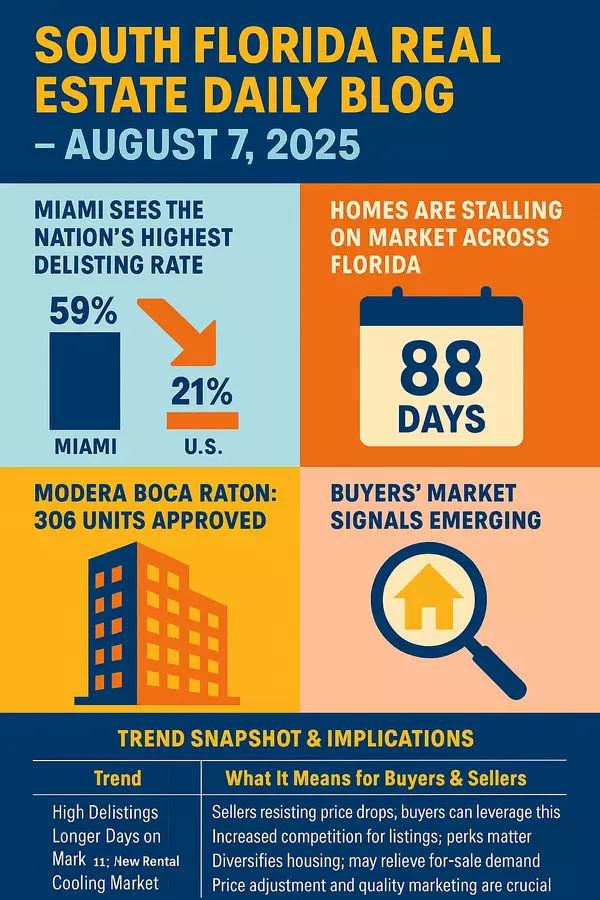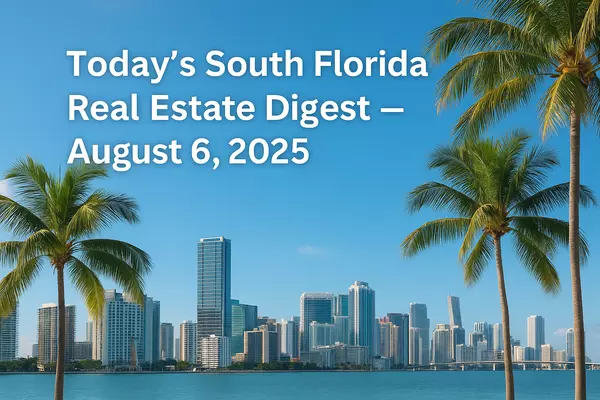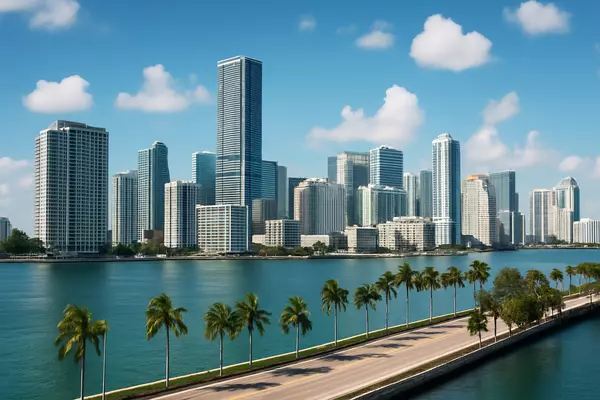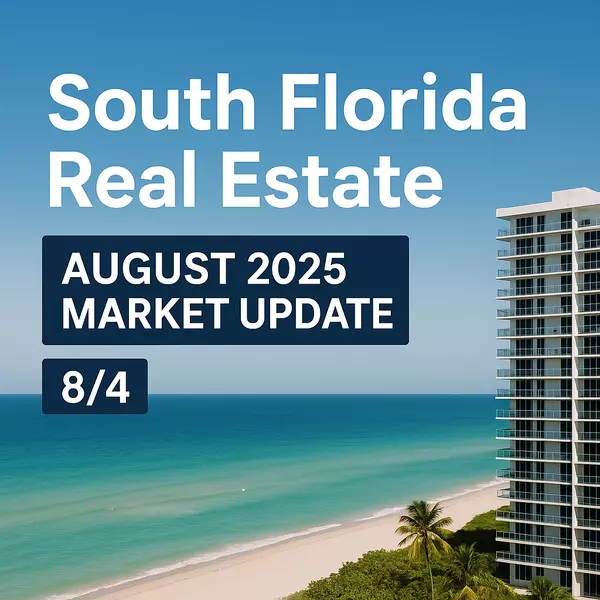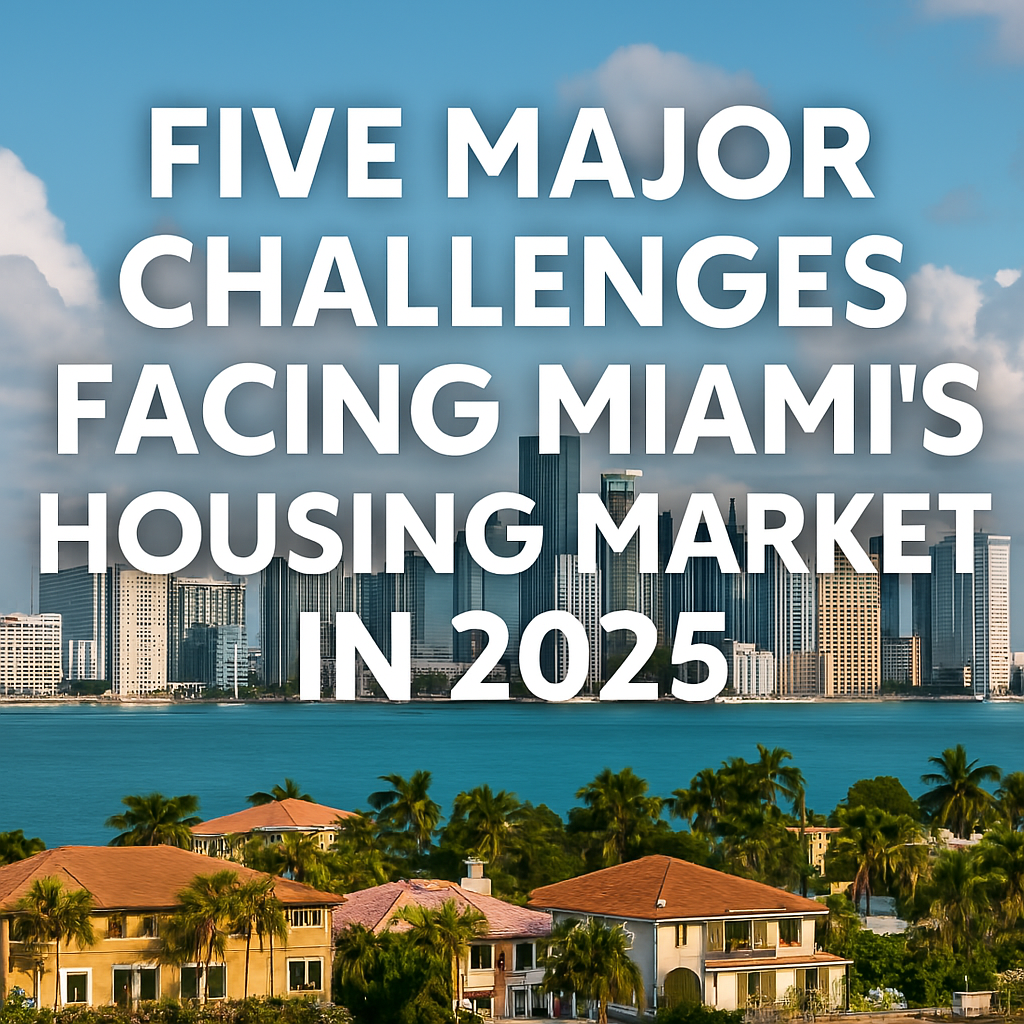Top 5 Issues Impacting Miami’s Housing Market in 2025
Published: April 14, 2025
By William Gartin, Miami Realtor
williamgartinrealestate.com
The Miami housing market in 2025 is under pressure from several forces that are affecting not only homebuyers and renters, but also developers and homeowners' associations. Below, I break down the five biggest challenges currently shaping the market and what they mean for anyone looking to buy, sell, or invest in South Florida real estate.
1. Affordability Is Still a Growing Concern
As property values continue to rise across Miami-Dade County, housing affordability remains one of the biggest barriers for first-time homebuyers and working families. High prices and increased mortgage rates are putting homeownership out of reach for many locals. Even renters are struggling, with rates holding near all-time highs. While Florida offers tax advantages, the upfront cost of buying in Miami’s current market is still steep.
To stay competitive, some sellers and agents are offering creative incentives (like covering closing costs or helping to buy down interest rates), but the long-term solution will require more housing supply and access to affordable financing options.
2. Developers Expanding Into New Areas — Including Outside the Urban Boundary
In a rare move, Miami-Dade County commissioners approved the expansion of the Urban Development Boundary (UDB) in South Dade to allow developers to build housing on farmland near U.S. 1. This usually sparks major opposition from environmental and planning groups, but this particular expansion went through with relatively little pushback.
While this opens the door for more residential construction, it also raises concerns about urban sprawl, infrastructure capacity, and environmental sustainability. Builders are looking for space to meet demand, but future developments will need to balance growth with long-term livability.
3. Rising HOA and Condo Fees Are Forcing Some Owners Into Foreclosure
Condo associations and HOAs are cracking down on unpaid assessments and maintenance fees, with some even foreclosing on owners. This growing issue has reached state legislatures, where policymakers are considering reforms to protect both the financial integrity of buildings and the rights of individual owners.
The costs of maintaining older buildings (especially with new safety and inspection laws in place) have increased dramatically, and many associations are passing those expenses on to residents. Buyers considering condos should now more than ever review financial documents, reserves, and monthly fees before making a purchase.
4. Affordable Housing Projects Are Caught in Political Disputes
Affordable housing projects in neighborhoods like Liberty City are at risk due to political tension between nonprofit developers and some county commissioners. One notable case involves a local initiative that has been delayed for over five years, preventing dozens of Black residents from moving into homes that are already in progress.
This breakdown in cooperation is holding back urgently needed housing in some of Miami’s most underserved communities. As a result, nonprofits are calling for more transparency and support from public officials to move these projects forward.
5. The Condo Crisis and Legislative Responses Are Shaping the Future
In response to the financial strain facing many condominium buildings, Florida lawmakers have introduced bills aimed at reforming the condo system. Governor Ron DeSantis recently called for financial relief and accused some legislation of favoring developers over residents.
The collapse of the Champlain Towers South in Surfside in 2021 was a turning point, leading to more strict requirements on building reserves, safety inspections, and long-term funding plans. While these changes are necessary, they’ve also made it more expensive to own and manage a condo — which affects resale values, investor interest, and affordability.
Final Thoughts
Miami’s housing market in 2025 is complex and evolving. Whether you’re a buyer, seller, or investor, it’s more important than ever to work with a professional who understands the latest trends, policies, and neighborhood dynamics.
If you have questions about navigating this market or want to explore your options, I’m here to help.
William Gartin
Realtor with EXP Realty
📞 305-842-6097
🌐 williamgartinrealestate.com
Categories
Recent Posts
